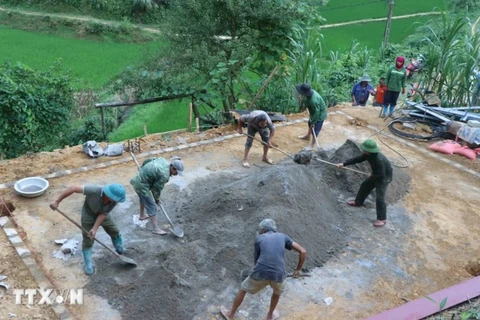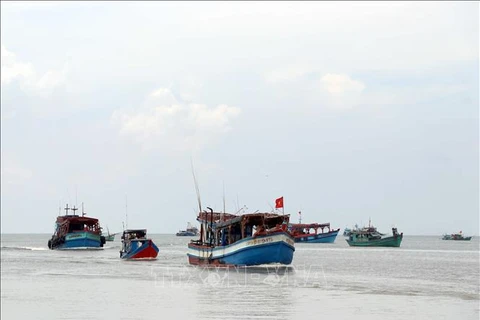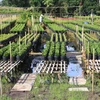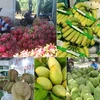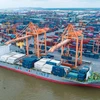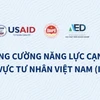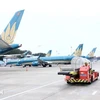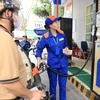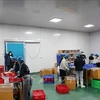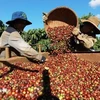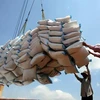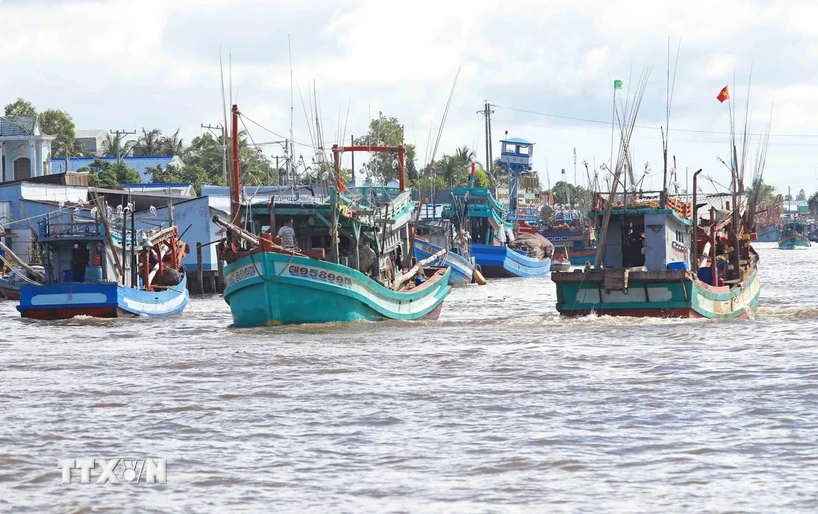
Ca Mau (VNA) – The southernmost province of Ca Mau is stepping up measures to strictly manage and control fishing vessels, especially "three Nos" boats that lack proper registration certificates, fishing licenses and inspection certifications.
The province still has 274 “three Nos” vessels, of which 65 boats have been sold but their new owners have not registered to competent authorities.
The unregistered transfer of fishing vessels causes difficulties for the authorities in managing, investigating and verifying violations.
The provincial Department of Agriculture and Rural Development planned to strengthen coordination with relevant agencies and units to effectively manage and control the "three Nos" vessels as a measure to combating illegal, unreported, and unregulated (IUU) fishing.
Phan Hoang Vu, Director of the provincial Department of Agriculture and Rural Development, said that the province currently has more than 4,330 fishing vessels, including 1,551 vessels with the length of over 15 metres.
Due to the large number of vessels, the vessel management and control activities have been carried out flexibly in many forms.
Specifically, the province uses software for controlling fishing vessels and Google Sheets - a cloud-based spreadsheet application that allows users to create, edit, and format spreadsheets online.
The authorities have closely monitord, managed and controlled fishing vessels operating at sea and fishing vessels staying on shore. This is an effective solution to prevent fishing vessels from violating the IUU fishing prevention and control regulations, as well as violating foreign waters.
Along with that, the province has implemented projects to restore and regenerate aquatic resources. Some seafood exploitation occupations that affect marine resources and the ecological environment have been converted.
Regarding the management of fishing vessels at sea, Colonel Pham Anh Chuong, Commander of the Ca Mau provincial Border Guard, said that the local border guards have continued to resolutely and synchronously deploy measures to combat IUU fishing, and soon put an end to the situation of fishing vessels and fishermen in the province violating foreign waters and illegally exploiting seafood.
The border guards have effectively promoted the application of information technology and software for managing and controlling fishing vessels.All vessel owners and captains are urged to sign a commitment not to violate foreign waters, not to exploit seafood illegally, and strictly comply with IUU fishing prevention and control regulations.

Border guards have strictly inspected all vessels that enter or leave ports at Border Control Stations and mobile checkpoints at river mouths.
The border guards have grasped the situation at sea and in border areas, promptly detected, verified, investigated and handled organisations and individuals who mediate and organise the sending of Vietnamese fishing vessels and fishermen to illegally exploit seafood in foreign waters.
They have coordinated with law enforcement forces at sea and local authorities to deploy, review, manage, monitor, control and closely supervise fishing vessels that exploit seafood far from the shore and for long periods at sea.
In September, Ca Mau launched a peak campaign to fight IUU fishing. Accordingly, the province mobilised resources and organised specialised training for the management of fishing vessels, promote the dissemination of legal regulations, and encourage ship owners and fishermen to sign commitments to avoid IUU fishing.
The province also implemented digitalisation of all records for fishing vessels with expired licenses, expired registrations, lost connections, vessels sold but not yet transferred ownership, and those operating beyond their allowed boundaries./.
